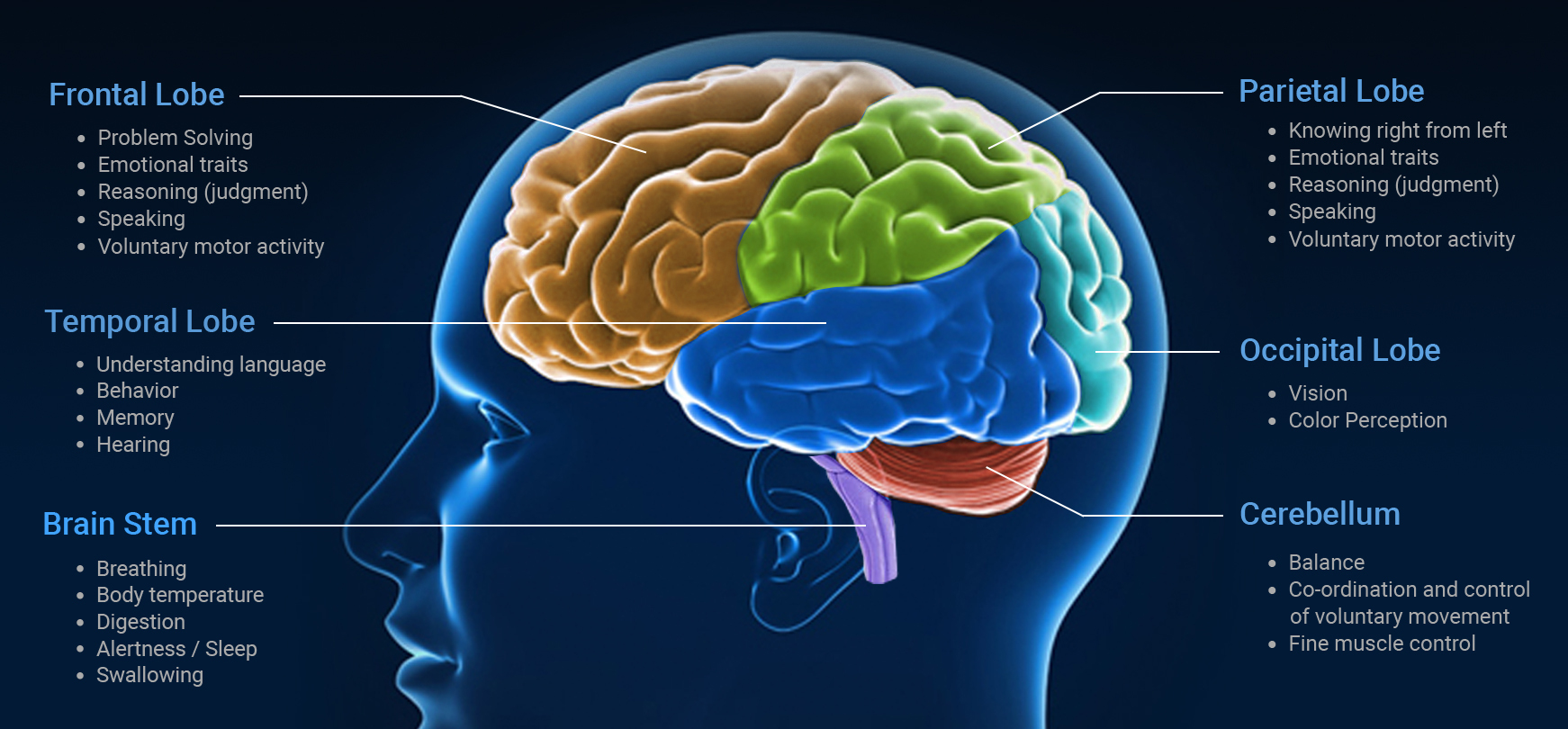Traumatic Brain Injury (TBI) assessment is the process of evaluating the extent and severity of injury to the brain after a traumatic event such as a fall, car accident, or sports injury. The assessment typically involves a combination of medical exams, imaging tests, and cognitive and neurological evaluations.
- Medical Exam: The first step in TBI assessment is a thorough physical examination to check for signs of injury such as cuts, bruises, or skull fractures.
- Imaging Tests: Imaging tests such as CT scans or MRI can provide detailed images of the brain and help detect any internal injuries or bleeding.
- Cognitive and Neurological Evaluations: These evaluations involve tests that measure cognitive function, memory, attention, and other neurological abilities. They are used to determine the extent of brain injury and assess for symptoms such as confusion, disorientation, and changes in speech and behavior.
- Neuropsychological Testing: This type of testing uses standardized assessments and tests to evaluate cognitive function, memory, and other mental abilities.
- Neurological Exam: A neurological exam may be performed to assess the function of specific areas of the brain, such as motor skills, reflexes, and balance.
According to the report published by Allied Market Research, the Global Traumatic Brain Injury (TBI) Assessment Market Size generated USD 9.6 billion in 2021 and is estimated to reach USD 18.4 billion by 2031, witnessing a CAGR of 7% from 2022 to 2031.
Causes and Symptoms of TBI
Traumatic Brain Injury (TBI) is caused by a sudden blow or jolt to the head that can disrupt the normal functioning of the brain. Some common causes of TBI include:
- Falls: The leading cause of TBI, particularly in children and older adults.
- Motor Vehicle Accidents: A significant cause of TBI, particularly in high-speed crashes.
- Sports Injuries: TBI can occur in contact sports such as football, hockey, and boxing.
- Assaults: Physical violence or abuse can result in TBI.
- Blast Injuries: TBI can occur as a result of exposure to explosions, such as those in military combat.
The symptoms of TBI can vary greatly depending on the severity of the injury and the individual’s age, health, and other factors. Some common symptoms include:
- Headaches: A frequent symptom of TBI, particularly if accompanied by confusion, disorientation, or memory loss.
- Dizziness and loss of balance: TBI can cause difficulty maintaining balance and stability.
- Nausea and vomiting: Common symptoms of TBI, particularly in the days and weeks following the injury.
- Speech difficulties: TBI can cause difficulty speaking, understanding speech, or remembering words.
- Changes in mood or behavior: TBI can cause mood swings, depression, anxiety, and changes in behavior.
- Sensory Changes: TBI can cause sensitivity to light and sound, as well as changes in vision or hearing.
- Cognitive difficulties: TBI can cause difficulty thinking, concentrating, and processing information.
It’s important to seek medical attention as soon as possible if you suspect you or someone you know may have sustained a TBI.
Get Sample PDF Report with Graphs and Figures Here
What assessments are used for TBI?
The following assessments are commonly used to diagnose and evaluate the extent of Traumatic Brain Injury (TBI):
- Medical Exam: A thorough physical examination to check for signs of injury such as cuts, bruises, or skull fractures.
- Imaging Tests: CT scans or MRI can provide detailed images of the brain and help detect any internal injuries or bleeding.
- Cognitive and Neurological Evaluations: Tests that measure cognitive function, memory, attention, and other neurological abilities. These are used to determine the extent of brain injury and assess for symptoms such as confusion, disorientation, and changes in speech and behavior.
- Neuropsychological Testing: Standardized assessments and tests to evaluate cognitive function, memory, and other mental abilities.
- Neurological Exam: To assess the function of specific areas of the brain, such as motor skills, reflexes, and balance.
- Glasgow Coma Scale (GCS): A widely used tool to assess the level of consciousness and brain function in individuals with TBI.
- Glasgow Outcome Scale (GOS): A tool used to evaluate the outcomes of TBI patients and determine their level of recovery.
What are the Top Key Players In the Traumatic brain injuries assessment Market?
- NeuroTrauma Sciences, Inc.
- Neuro Kinetics, Inc.
- Biodex Medical Systems, Inc.
- BioMedical Life Systems, Inc.
- Natus Medical Incorporated
- Micromedical Technologies, Inc.
- NeuroDx Development, Inc.
- Neurocom International, Inc.
- Qualisys AB
- Accu-Break Technologies, Inc.
What are the Factors that Drive the Traumatic brain injuries assessment Market?
The following are some of the factors driving the growth of the Traumatic Brain Injury (TBI) assessment market:
- Increasing Incidence of TBI: The number of TBI cases has been rising, driven by factors such as an aging population, increased awareness of TBI and its effects, and a higher rate of participation in contact sports and other activities that can lead to TBI.
- Advancements in Technology: The development of new, more advanced TBI assessment tools, such as imaging technologies, wearable devices, and cognitive assessments, has improved the accuracy and speed of TBI diagnosis and treatment.
- Government Support: Governments around the world are investing in TBI research and the development of new TBI assessment and treatment technologies.
- Rising Demand for Rehabilitation Services: As the number of TBI cases continues to rise, there is an increasing demand for rehabilitation services that can help patients recover from their injuries and improve their quality of life.
- Growing Awareness of TBI: Increased public awareness of TBI and its effects is driving demand for TBI assessment and treatment services.
- Increased Healthcare Spending: Rising healthcare spending and increased insurance coverage for TBI-related treatments are contributing to the growth of the TBI assessment market.
David Correa
5933 NE Win Sivers Drive
205, Portland, OR 97220
United States
USA/Canada (Toll Free): +1-800-792-5285, +1-503-894-6022
UK: +44-845-528-1300
Hong Kong: +852-301-84916
India (Pune): +91-20-66346060
Fax: +1(855)550-5975
help@alliedmarketresearch.com
About Us
Allied Market Research (AMR) is a full-service market research and business-consulting wing of Allied Analytics LLP based in Portland, Oregon. Allied Market Research provides global enterprises as well as medium and small businesses with unmatched quality of “Market Research Reports” and “Business Intelligence Solutions.” AMR has a targeted view to provide business insights and consulting to assist its clients to make strategic business decisions and achieve sustainable growth in their respective market domain.


